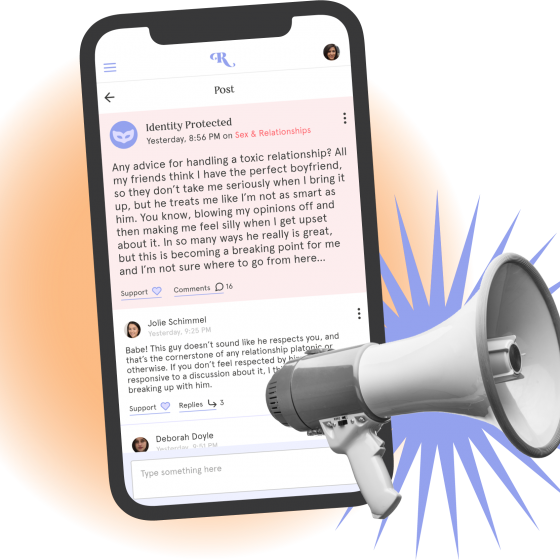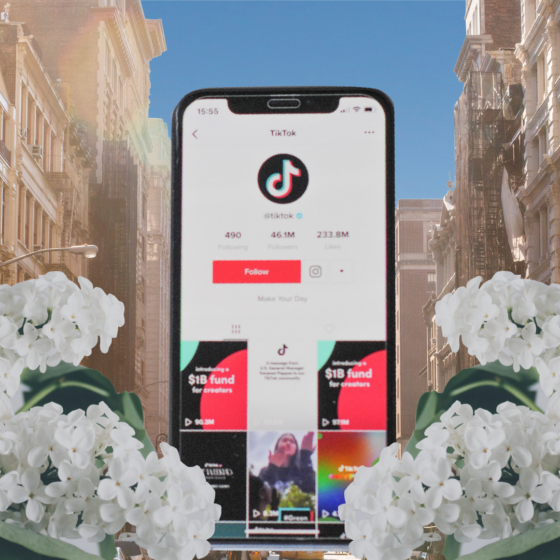Does anyone else just feel slightly, if not majorly, uncomfortable with the vernacular and terminology used in the media, policy or wider society to describe your race and ethnicity?
I find myself using terms interchangeably, depending on whether I’m in a professional or personal setting, but largely cringe regardless of which term leaves my mouth. I simply don’t identify as an acronym or label. Whilst it’s easy to assert which terms are undeniably unacceptable, due to the diversity of communities, it’s hard to get a consensus on which terminology is suitable.
Often debates around this are centred on which term is “the least problematic”
Often debates around this are centred on which term is “the least problematic”. But, honestly, isn’t being asked to choose the “best out of a bad bunch” the most problematic part of all of this? Some terms are country-specific, insensitive and downright dated, and in an attempt to make sense of all the terms on offer to us, I’ve compiled a list of those commonly used across the UK and US.
Black/Non-Black
The American Civil Rights movement largely reclaimed the title Black which had previously been used in derogatory ways. Many argue that they being defined as Black is preferable to being defined as POC/WOC so that the differentiation is purposefully and proudly made. The fact that the term is often still uncomfortable for non-black people, asserts solidarity and reinforces the fact that unapologetically existing in ownership of your identity is a rebellious and empowering act.
Black can be seen as problematic as a categorical grouping that not only reduces people to the colour of their skin but also ignores differences between Black culture and nationality. For example, British born, Jamaican born, Nigerian born and South African born Black person will all have different experiences of discrimination, oppression, success and joy.
POC/WOC/BIPOC (Person/Woman/Black and Indigenous People of Colour)
These terms often seem less daunting, more inclusive, convenient, and politically correct.
It’s certainly better than using the term “coloured” which was previously used in the not so distant past as a derogatory term with roots in slavery. It can be a term of solidarity between diverse groups and can open up important conversations around intersectionality, diversity and inclusivity.
It can be seen as lazy, a copout title that doesn’t require a person’s ethnicity to be learnt, nor does it encourage the un-comfortableness of addressing race in daily interactions. POC/WOC/BIPOC also groups all non-white women into the same collective group. Whilst all non-white people will have experienced oppression and discrimination, not all non-white people share the same collective experience of racism. Our battles, achievements, and lived realities are different, and POC denies people the opportunity to acknowledge, accept and address this. (PS. White is also a colour).
BAME (Black Asian Minority Ethnic)
Other variations include BME (Black Minority Ethnic) or BAMER (Black Asian, Minority Ethnic and Refugees). This is largely used in the UK to collectively describe diverse groups and is used as a common categorisation in academia, research, policy and the wider media. In censuses and other important forms, anyone who cant tick the ‘White British’ category, falls into the BAME category.
Criticisms often begin with the fact that many people do not self-identify as BAME, and many outside of academic/professional spheres do not truly understand what the term means.
Similarly to POC, BAME marginalises people further, by collectively assuming the same experiences, thoughts and needs across racial demographics and therefore removing category cultural identity amongst diverse groups. It also skews figures, statements such as “X% of BAME responders thought…” fail to address the differentiation between racial responses and can have drastic repercussions in regards to meeting an individual need (see racial differentiations in high school achievement). In a professional setting, BAME goes hand in hand with meeting diversity quotas, where a token person, is used as a box-ticking exercise and positioned as the authority on all racial issues
African-American
After America’s legacy of approving terms like “coloured”, the N-word and worse as acceptable terminology, ‘African-American’ is currently the widely accepted ‘politically correct’ term for Black people with American nationality.
Similarly to the British usage of BAME, African-American is the commonly used term in legislation, and official forms and documents.
As the ‘politically correct’ term for Black, it by default insinuates that ‘Black’ is bad and wrong. It also identifies difference: white Americans are simply called American, not white American, whilst Black Americans are labelled and othered. It also neglects nuances in race and nationality, reinforcing assumptions that all Africans are white – if Charlize Theron (from South Africa) had a child with a white American, would that child be identified as African-American too?
African-Caribbean
Formerly phrased “Afro-Caribbean” (changed due to the stereotype around hair) African-Caribbean seems like a slightly more thorough way of referring to Black people, stating the broad possible locations of heritage and nationality, but also purposefully identifying differing regional contexts.
Whilst seemingly more accurate and inclusive, many argue that ‘African-Caribbean’ it is only used to refer to Black people of African Caribbean descent, sometimes solely used when referring to Black Caribbean people. It can be seen to neglect those of Asian Caribbean descent or Middle-Eastern African descent for example.
Ethnic Minorities
Once considered to be inclusive, ‘Ethnic Minorities’ is often used collectively as a term for all diverse groups.
The term “minority” insinuates a hierarchy with an unequal power structure, where those in the “minority” are less than due to their quantifiable size. This is grossly misleading, as globally, “ethnic minorities” outnumber white populations (sounds very similar to the resizing of the world map’ controversy, *cough* neo-colonialism *cough*) In relation to the ‘Minority Ethnic’ group in BAME, ethnic minorities are grouped as one collective regardless of nationality, background, culture and religion. This terminology can end up as confusing; for people from Eastern European countries who are both white and ethnic minorities in quantifiable size.
Non-White.
It’s easy to see why Non-White may be mistaken as an unproblematic term that for the user. It doesn’t run the risk of making mistakes, causing offence or alienating communities or individuals.
This is wrong.
I personally can’t think of a single plus to this term and any potential arguments in favour of it must be overridden by this simple fact: it positions whiteness as the norm.
In doing research for this piece, I found that discussions on these terms have been ongoing for over 5 years. Yet these terms are still being used, and a consensus has not been achieved. Language has an immense power to direct our subconscious narratives, so getting this right is important.
Racial identity is both collective and individual. Many look favourably upon one term, feel passionately against some, indifferent to others. How we address or describe each other needs to be based on personal preference first and foremost, and – particularly in the workplace – the establishment of this needs to be normalised.









